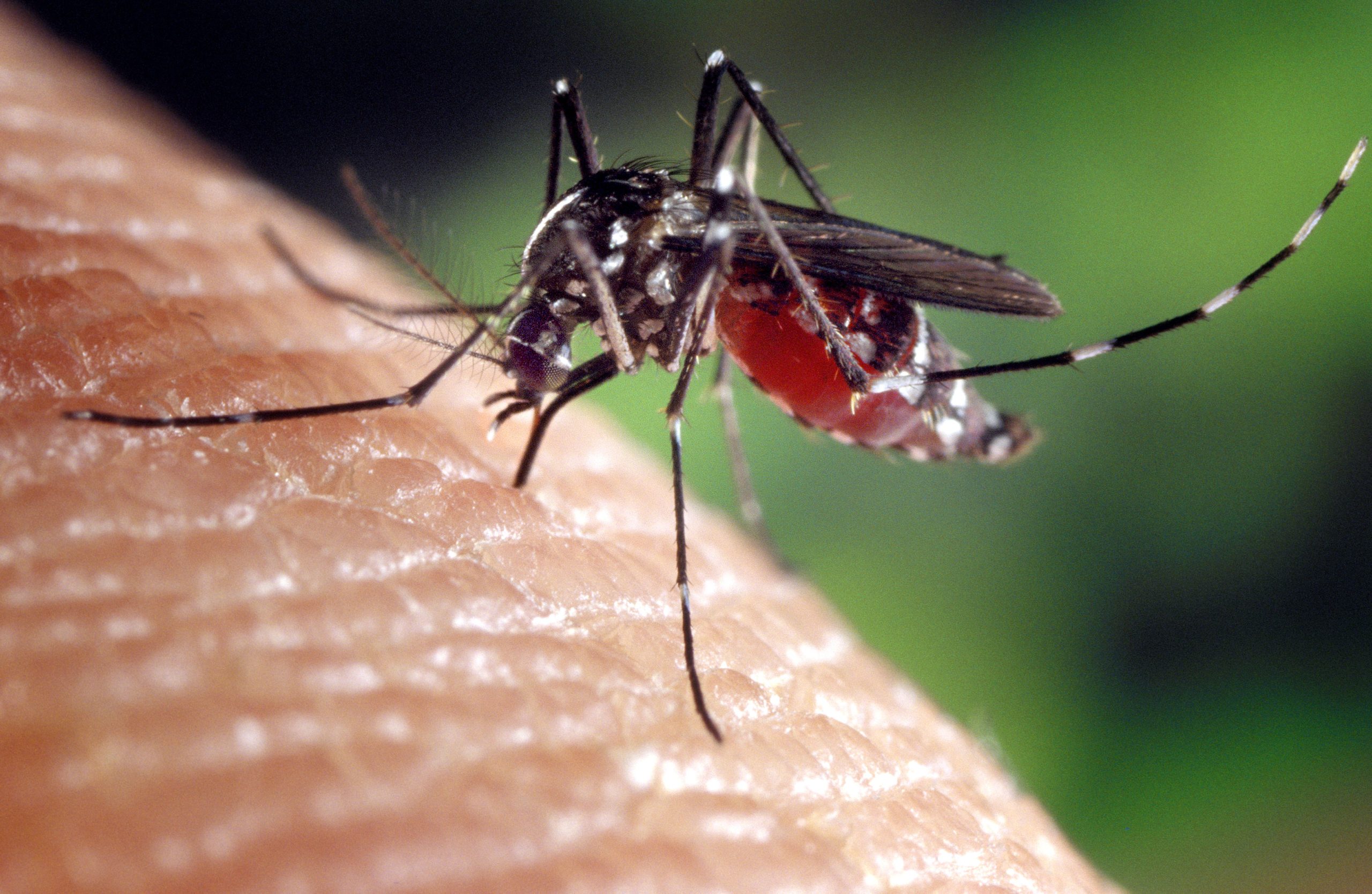After a decade of efforts by a local mosquito control group, genetically modified mosquitoes are finally being released in the Florida Keys. The organization is using the project to test if GMOs are more effective than using insecticides.
Watering eggs for them to grow
In the first phase lasting 12 weeks, Blue-and-White boxes containing GMO eggs have been placed in 6 strategic areas of Vaca Key, Cudjoe Key, and Ramrod Key. When water is added, the eggs mature and launch into the environment over a week or thereabout. The GMOs are a product of a British company, Oxitec.
However, since the project’s launch, a small vocal group has fought the launch of what they term “mutant mosquitoes” into their environment. The Florida Keys Environmental Coalition’s director, Barry Wray, says that their opposition has been strong. He adds that they (the opposers) live there, and the mosquito control group is forcing the GMOs on them.
NONETHELESS, the US Environment Protection Agency approved the Florida Keys project in May 2020 to release 750 million genetically modified mosquitoes in 2021 and 2022.
The program targets Aedes aegypti, a mosquito that potentially transmits several deadly diseases, including dengue, yellow fever, and Zika virus. The latter especially became a global health concern in 2016 after an alarming number of babies were born with deformed heads in Brazil and French Polynesia to mothers who suffered from the disease. Aedes aegypti proceeded to spread to at least 34 states in the US, including Florida and Texas.
Dengue fever breaks out even on epidemic proportions in Caribbean, Puerto Rico, Southeast Asia, and Latin America. The disease causes piercing headaches, joint pain, and flu-like symptoms, including rashes and fever. Extreme cases can cause organ failure or even death.
Behind schedule
Nathan Rose, head of regulatory affairs at Oxitec, says that the company will release less than the agreed 750 million mosquitoes in 2021. The initial phase will have 144,000 mosquitoes released over three months to test if the GMOs are mating with the females in the wild like they are supposed to. If successful, they will release another 20 million mosquitoes in the remaining part of the year.


